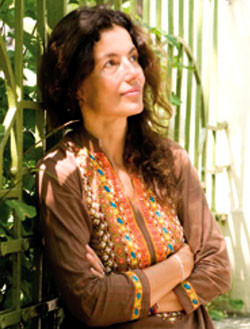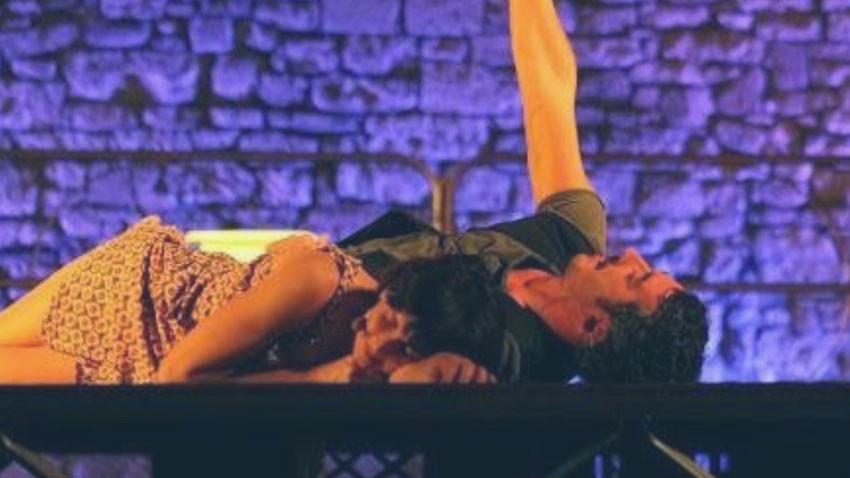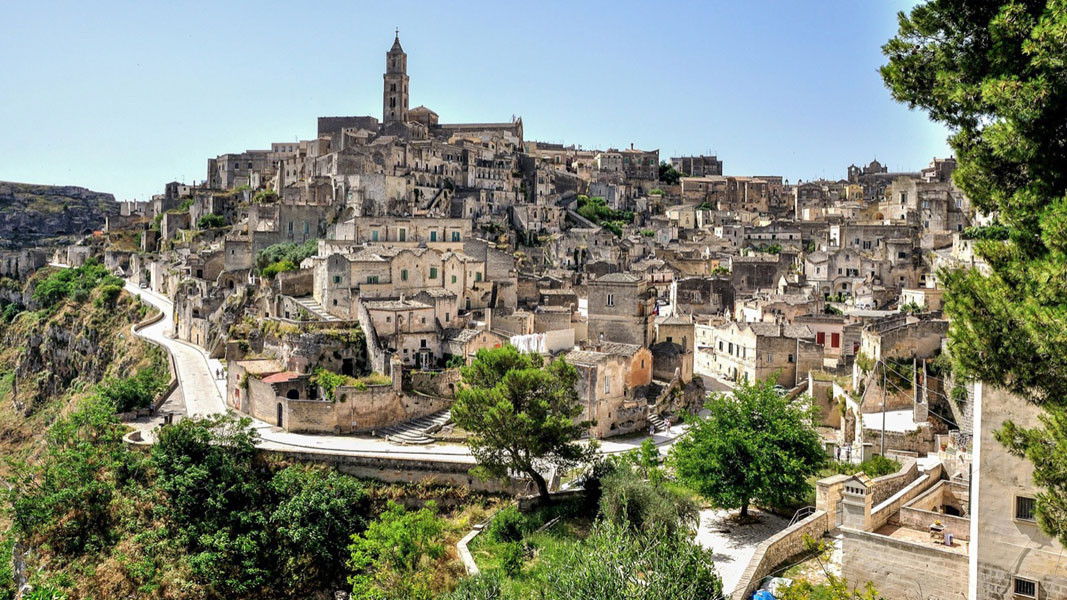Plovdiv and Matera – the two European Capitals of Culture with ancient history, have turned to traditions, looking for similarities between them. But they are also looking forward to getting to know each other through the language of art.

When two years ago, film director Milena Kaneva visited one of the festivals in the Italian city of Matera, she heard the interesting story about a type of wheat, from which wonderful bread used to be made in the past. After that it was her turn to tell about “limets” – an ancient cereal culture from the Bulgarian Thracian Valley. An idea of two joint projects was born from the legends of grain that fed ancient peoples in the lands of Plovdiv and Matera. One of the projects is the Mestiere Cinema Film Festival, which will focus on different "crafts" in cinema, and its first edition will be held this year in both cities.
“In Matera one can find an ancient type of wheat, from which the most delicious bread was made,” Milena Kaneva says. "But it was lost for decades before being rediscovered by Senator Raphael Capelli and named Senatore Cappelli in his honor. This way the traditional Matera bread started to be produced again and this bread is recognized as cultural heritage by UNESCO.

When I heard this story, I told about the ancient Bulgarian wheat called limets, discovered in a Thracian tomb. That is how two ideas were born. We decided to make a joint project with exhibitions and theatrical performances, one of which – The Song of Bread, recreating the legend of Matera's bread, was played in Sofia. According to the legend, an orphan girl was singing while she was kneading bread, and the local women gathered under her window so that their dough absorbed the vibes of the song. The performance even included the old women singers from the village of Vakarel near Sofia who sang their typical songs as they prepared bread. This is how we also got involved with the idea of the film festival – with the help of bread and an improvised wedding between Italian grain and Bulgarian limets.”

The idea of the festival is to pay attention to all activities in cinema work, without which a single film could not be completed.
“The festival will be dedicated to cinema professions,” the director adds. “The first edition will focus on film music, because in both the Italian and Bulgarian tradition there are extremely talented musicians. When it comes to cinema, we usually talk about the stars – actors and directors, but there are also screenwriters, cameramen and others who often stay in the background. But these are all professions without which films cannot be shot, because film-making is a collective art. Its magic is that everyone contributes to making a movie great.”
Italy will show works shot in the Basilica, the area where Matera is located and local artists will also take part. The city itself resembles a gigantic filming location with its cave houses and winding alleys and stairways, chosen by Mel Gibson for the shooting “The Passion of Christ."

“We will show Bulgarian films that have not been shown in Italy before, the selection process continues,” Milena Kaneva says. “We are also to take Bulgarian composers to Matera and welcome Italian composers in Plovdiv, which would creast a true cultural exchange. The festival will not be competitive, so we do not have to choose new works. So, for the Italian and European audience in the city, we will present a cinematic tale including the best in our cinema in recent years.”
Thanks to the significant events in its programs, the two European Capitals of Culture attract tourists from all over the world. One of them will be the concert with film music performed on the stage of the Antique Theater in Plovdiv by the Philharmonic Orchestra of the city, within the Bulgarian-Italian festival Mestiere Cinema.
English version: Alexander Markov
Photos: libraryThe first EU Songbook has been released, featuring six songs from each of the 27 EU member countries, reports BTA. The project, a non-profit Danish initiative, has no financial ties to the EU, according to the organizers from the European Union..
Days of Bulgarian culture will be organized in Madrid between November 9 and December 31, 2024, BTA reported, citing Latinka Hinkova, president of the Association of Bulgarians and Artists "TREBOL" and head of two Bulgarian Sunday schools in Torrejon de..
The national awakeners of Bulgaria are the individuals for whom we feel not only gratitude and admiration, but also perceive as some of the most significant figures in our history, because they awaken our sense of national togetherness. However, what is..
Days of Bulgarian culture will be organized in Madrid between November 9 and December 31, 2024, BTA reported, citing Latinka Hinkova, president of the..
The first EU Songbook has been released, featuring six songs from each of the 27 EU member countries, reports BTA. The project, a non-profit Danish..

+359 2 9336 661
